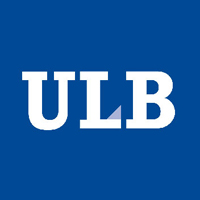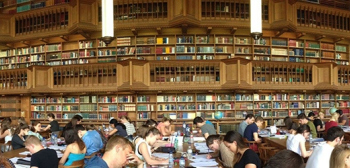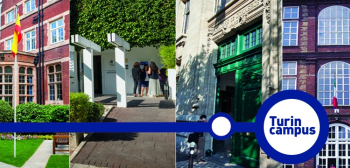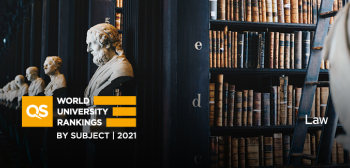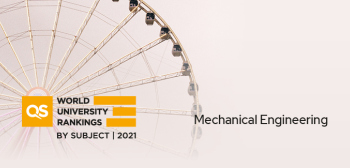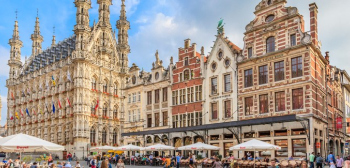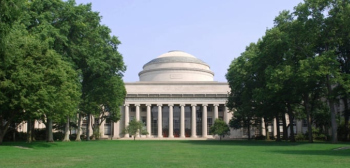布鲁塞尔自由大学
About
Read more
Read less
The city of Brussels is the capital of a federal state which has three different administrative regions based on language and has been at the heart of Europe. It naturally follows that the city should have a university in keeping with its standing and the ULB, with its 24,000 students, 29% of whom come from abroad, and its very cosmopolitan body of staff, is an intrinsically international institution open to both Europe and to the whole world.The ULB is a multicultural institution which has 11 faculties and 2 school or institute and is, at the same time, a comprehensive university providing academic tuition in all disciplines and study cycles.With its three Nobel Prize winners, a Fields medal, three Wolf Prize, two Marie Curie Prizes and 29% of the Francqui prizes awarded, the university is also a major research centre which is recognised by the academic community the world over.Nor does it shirk its social, societal and scientific commitments, which it meets through combining broad access to higher education with excellent quality research and through its role in furthering economic development in the regions where it is located (Brussels and Wallonia). The ULB also has a teaching hospital, the Erasme Hospital, a specialist institute for studying cancer, the Institut Bordet, and an extensive hospital network. For about a decade now the university has been actively involved in maximising research potential in both Brussels and Charleroi, where it has set up a biotechnology pole around its renowned Institute for Biology and Molecular Medicine (IBMM) & Institute of Medical Immunology( IMI).As a public university, which is recognised and subsidised by the Belgian authorities, the ULB receives government funding today to the tune of 60% of its overall budget.Founded on the principle of free-thinking analysis which advocates independent reasoning and the rejection of dogma in all its forms, the ULB has remained true to its original ideals, an institution free from any form of control which is committed to defending democratic humanist values, an approach it also extends to the way that it is run.
About
The city of Brussels is the capital of a federal state which has three different administrative regions based on language and has been at the heart of Europe. It naturally follows that the city should have a university in keeping with its standing and the ULB, with its 24,000 students, 29% of whom come from abroad, and its very cosmopolitan body of staff, is an intrinsically international institution open to both Europe and to the whole world.The ULB is a multicultural institution which has 11 faculties and 2 school or institute and is, at the same time, a comprehensive university providing academic tuition in all disciplines and study cycles.With its three Nobel Prize winners, a Fields medal, three Wolf Prize, two Marie Curie Prizes and 29% of the Francqui prizes awarded, the university is also a major research centre which is recognised by the academic community the world over.Nor does it shirk its social, societal and scientific commitments, which it meets through combining broad access to higher education with excellent quality research and through its role in furthering economic development in the regions where it is located (Brussels and Wallonia). The ULB also has a teaching hospital, the Erasme Hospital, a specialist institute for studying cancer, the Institut Bordet, and an extensive hospital network. For about a decade now the university has been actively involved in maximising research potential in both Brussels and Charleroi, where it has set up a biotechnology pole around its renowned Institute for Biology and Molecular Medicine (IBMM) & Institute of Medical Immunology( IMI).As a public university, which is recognised and subsidised by the Belgian authorities, the ULB receives government funding today to the tune of 60% of its overall budget.Founded on the principle of free-thinking analysis which advocates independent reasoning and the rejection of dogma in all its forms, the ULB has remained true to its original ideals, an institution free from any form of control which is committed to defending democratic humanist values, an approach it also extends to the way that it is run.
University highlights
- 2012#172
- 2014#=168
- 2015#=173
- 2016#207
- 2017#=216
- 2018#=205
- 2019#=239
- 2020#=251
- 2021#=250
- 2022#=207
- 2023#=210
- 2024#=189
- 2025#=230
- 2026#=227
QS Stars is a rating system that helps you select the right university based on your
interests. It provides a detailed look at an institution, identifying which universities rate highest in
the
specific topics that matter to you, like facilities, graduate employability, social responsibility,
inclusiveness, and more.
Campus locations
Brussels Campus,
Universite libre de Bruxelles , Brussels , Belgium , 1050
Bruxelles, BE,
Bruxelles , Belgium , 1050
Similar Universities
EIT Digital Master School
22 Rue d'Arlon, Brussels
University West
Trollhättan
ESCP Europe Business School
Corso Unione Sovietica, Turin
Related content
Test preparations
Universite libre de Bruxelles
CN

